While they are commonly known as nuts, cashews are technically the seeds of an evergreen tree native to Brazil. They require a warm, humid climate to proliferate, which is why India, Brazil, Vietnam, Indonesia and Nigeria are the largest raw cashew producers worldwide.
Unlike most seeds, which are found inside the flesh of a fruit, the crescent-shaped cashew seeds hang from the bottom of cashew apples. They have a two-layered outer shell that contains the potentially toxic phenolic resin “urushiol.” This substance can cause rashes and is also found in poison ivy and poison oak.
Every cashew sold in the market has undergone a shelling process that involves heat to remove this caustic substance, so they’re technically cooked even though they’re labeled “raw.” Cashews are also sold as roasted and dry-roasted. While they’re not true nuts, they’re still used like one in various recipes. They’re often added into trail mixes, pureed or used as an ingredient in salads, soups and stir-fried dishes.
However, cashews have a major downside: They contain high amounts of lectins. Lectins are sugar-binding pro-inflammatory plant proteins that can act as antinutrients by binding to your cell membranes, thereby interfering the breakdown and absorption of nutrients across your intestinal wall and disrupting the balance of your gut flora.
I suggest limiting — if not completely eliminating — the top sources of lectins in your diet, especially if you have an inflammatory or autoimmune condition. Should you wish to eat cashews, make sure that you soak them first for approximately four hours to reduce their lectin content.
Health Benefits of Cashews
Cashews contain various vitamins and minerals, the most prominent of which is magnesium, which may help reduce the frequency of migraines, improve cognitive ability and lower the risk for heart attacks by regulating blood pressure levels. They also have high levels of copper and manganese, as well as phosphorus, an essential mineral for teeth and bone formation, enzyme activation and cell membrane structure.
Research shows that cashews contain saturated fatty acids and numerous potent bioactive compounds, including beta-carotene, lutein, zeaxanthin, alpha-tocopherol and oleic acid, to name a few. They also have the flavonoids catechin, epicatechin and epigallocatechin, which may help inhibit oxidative stress. Check out the nutrition facts table below to learn more about the nutritional value of cashews:
| Cashew Nutrition Facts
Serving Size: 3.5 ounces (100 grams), raw |
||
| Amt. Per Serving |
% Daily Value* |
|
| Calories | 553 | |
| Total Fat | 43.85 g | |
| Saturated Fat | 7.78 g | |
| Trans Fat | ||
| Cholesterol | 0 mg | |
| Sodium | 12 mg | |
| Total Carbohydrates | 30.2 g | |
| Dietary Fiber | 3.3 g | |
| Sugar | 5.91 g | |
| Protein | 18.2 g | |
| Magnesium292 mg | Vitamin C | 0.5 mg |
| Calcium37 mg | Iron | 6.68 mg |
Studies Done on Cashews
A study published in the journal Nutrients, which collected data from 80,718 women over the course of 20 years, demonstrated that women who eat at least an ounce of nuts, such as cashews, per week have a 25% lower risk of developing gallstones.
Another study, this time published in the Journal of Agricultural and Food Chemistry, found that roasting cashews and the thin skin between the kernel and the shell (also known as testa), may help increase their total phenolic content. The researchers noted that short-term high-temperature roasting “effectively enhances the antioxidant activity of cashew nuts and testa.”
Before you add cashews into your diet to reap these potential benefits, keep in mind that they are rich in health-damaging lectins that could outweigh whatever positive effects they have on your well-being.
Cashews Fun Facts
The rich, nutty flavor of cashews is similar to other healthier nuts. If you’re looking for a substitute to this ingredient, walnuts, hazelnuts and macadamia nuts are good choices. The fruits where the cashew seeds are derived from are delicious. Unfortunately, only people living near cashew trees get to enjoy these cashew apples, as they ferment quickly and only last up to 24 hours after harvest.
The uses of the cashew tree go beyond the kitchen. The oil extracted from the seeds can be used as a skin moisturizer and a carrier oil for aromatherapy, while the tree itself can be turned into lumber for building boats and shipping crates. The toxic phenolic resin derived from the cashew seed is also used in industrial products such as varnish and paint.
Summary
While they’re technically not true nuts, cashews still have a rich, nutty taste that complements a wide variety of recipes, including stir-fries, soups, salads and trail mixes. They contain high amounts of copper, magnesium, manganese and phosphorus, along with bioactive compounds, such as oleic acid, beta-carotene, lutein, zeaxanthin and alpha-tocopherol.
A word of warning before you add cashews to your culinary repertoire: This food contains lectins, which are sugar-binding plant proteins that can hinder the proper absorption of nutrients in your gut, triggering imbalanced intestinal microbiota and inflammation-related diseases. If you choose to eat cashews, make sure you soak them in water first for at least four hours to lower their lectin content.

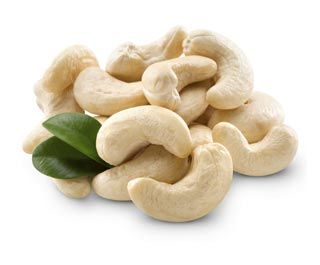
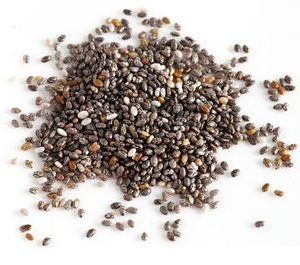
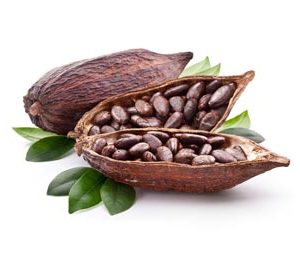
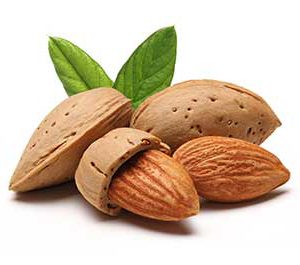
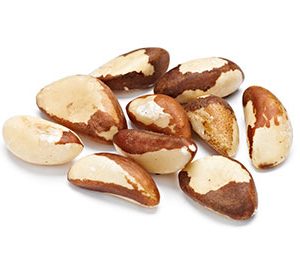
Reviews
There are no reviews yet.